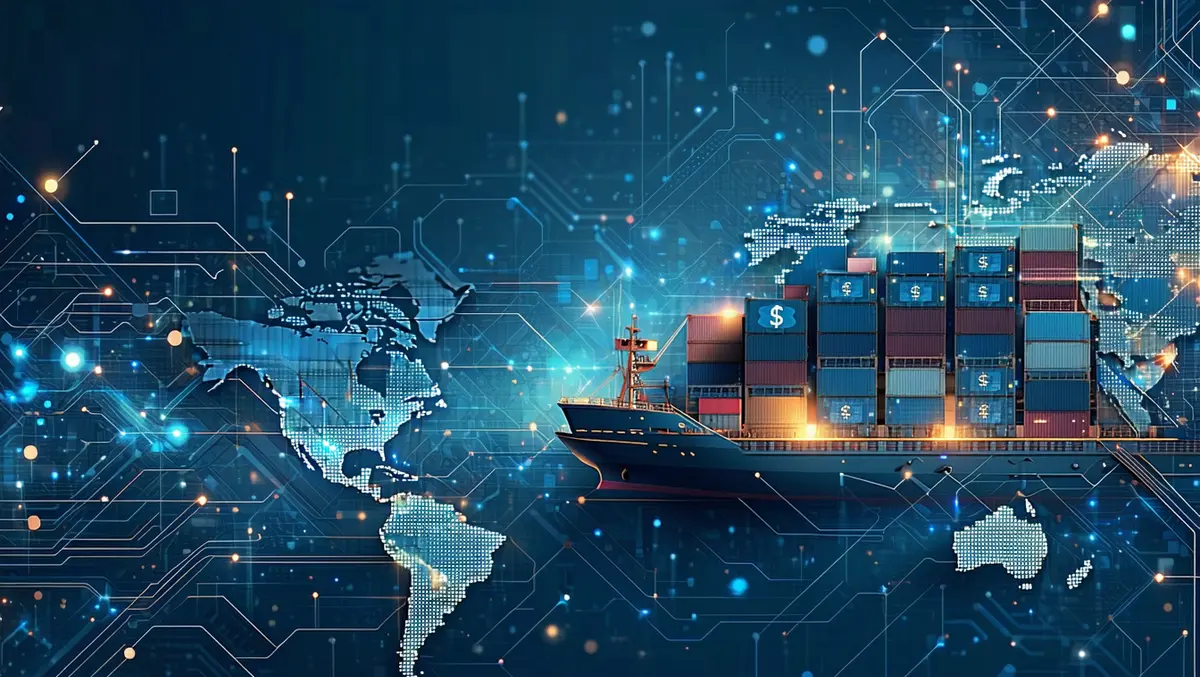
Global trade challenges rise with AI & customs complexity
A new report by Customs Support Group highlights significant challenges within the international trade sector, focusing on geopolitical disruption, complex customs regulations, internal skills shortages, and the impact of AI.
The report is based on a survey conducted by Customs Support Group among global logistics firms and goods manufacturers. It identifies key trends affecting these industries, particularly those involved in automotive, retail, consumer goods, and fast-moving consumer goods (FMCG).
The survey disclosed that companies face increasing complexity in customs regulations, a shortage of internal expertise, and both opportunities and challenges from emerging AI technologies. "We have identified three consistent trends in international trade – the increasing complexity of regulations and associated risks, further intensified by recent geopolitical disruptions; the expertise and knowledge gaps companies face in addressing these issues and the high expectations for AI, coupled with concerns about potential errors," said John Wegman, CEO of Customs Support Group.
The survey also revealed that more than half (51 per cent) of respondents were affected by global events like the Suez Canal blockage and the conflict in Ukraine. Furthermore, nearly half (45 per cent) of these firms indicated a need for specialised expertise to ensure compliance with local and international customs regulations and address stricter environmental standards.
Delving further into the complexities of customs compliance, the findings suggest that while large multinational companies strive to build in-house capabilities, many are increasingly reliant on external customs experts. This shift is attributed to a shortage of specialised knowledge required to tackle complex challenges and mitigate associated risks.
Outsourcing is seen as beneficial not only for accessing advanced digital solutions that enhance operational efficiency and data accuracy but also because of limited internal capacity to handle large documentation volumes. Almost 60 per cent of respondents resort to outsourcing customs tasks to combat capacity issues, and 45 per cent do so to gain specialised knowledge. Meanwhile, 48 per cent value industry-specific knowledge.
Despite customs handling traditionally being manual, 33 per cent highlighted the importance of new technological solutions, with AI identified as beneficial in enhancing automation and efficiency. However, due to the complexity of documentation and regulations, there remains uncertainty about effectively implementing these technologies, amidst concerns of non-compliance through automated methods.
John Wegman further summarised these challenges: "Ultimately, all three trends can be distilled to a common concern: the fear of non-compliance risks. Such concerns underscore the vital role of customs knowledge and expertise—what we call Real Intelligence—as the key to enhancing AI or navigating the complex and evolving regulatory landscape amidst geopolitical disruptions."
Wegman noted the rising trend towards outsourcing customs operations to qualified professionals as a measure to manage these complexities effectively. "This context explains the growing trend of outsourcing customs handling operations to professionals. As Europe's leading and largest customs solutions provider, with more than 1,700 industry experts, we are proud to offer our clients peace of mind, ensuring their goods move across borders efficiently and risk-free."


